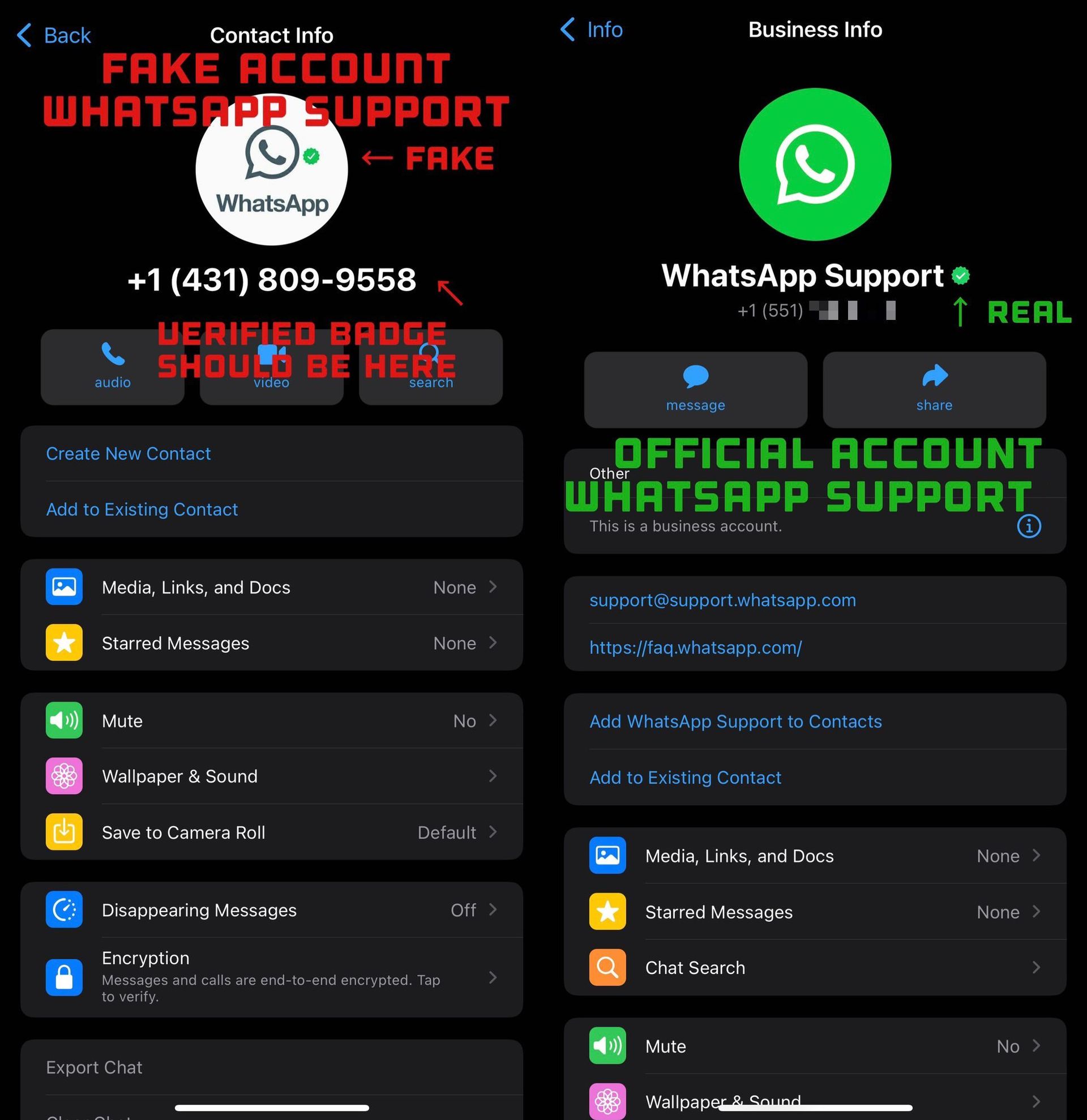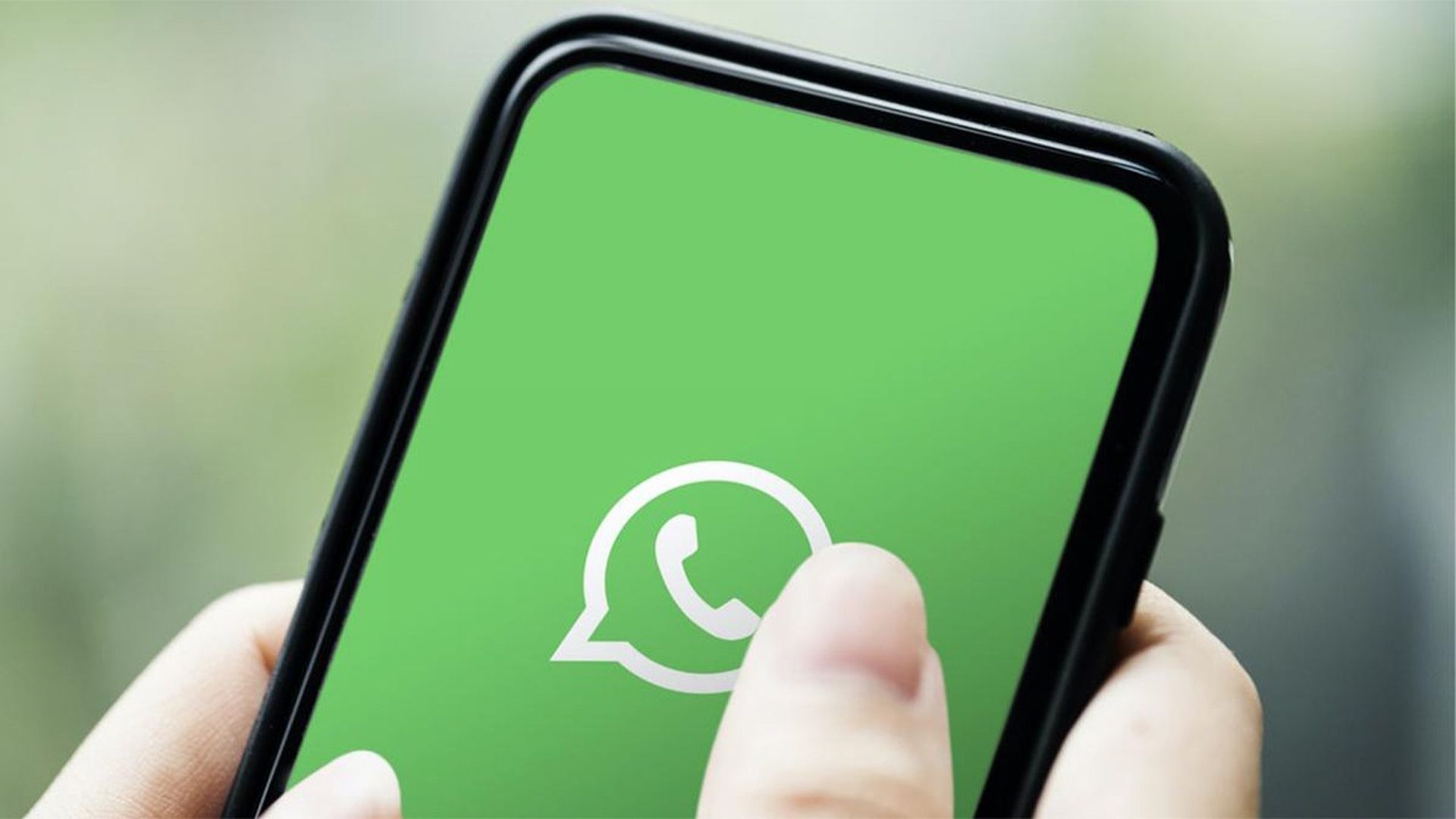Today we are going to tell you how to avoid WhatsApp scams. Users of WhatsApp are being warned about impostors who claim to be the chat app’s official support crew.
On April 23, WABetaInfo noted that profile pictures with the WhatsApp logo and a green verified profile badge are obvious indicators.
How to avoid WhatsApp scams?
It is very important to be careful when you receive a message from a suspicious account on WhatsApp. Some users, after receiving an odd message from a fake account that claimed to be from WhatsApp Support, reported the contact since it was a WhatsApp scam attempting to steal personal data. The company is also aware of the problems, they shared a blog post saying:
“We work diligently to reduce any spam messages that come through our system. Creating a safe space for users to communicate with each other is a priority and we aim to reduce unwanted messages that might be sent on WhatsApp. However, just like regular SMS or phone calls, it’s possible for other WhatsApp users who have your phone number to contact you, and we want to help you identify and address these types of messages.”
A number of these accounts have a verified badge in their profile image, allowing them to identify individuals. How can you tell if someone is using WhatsApp with a verified account?

“When you are chatting with a verified contact, there is a verified badge placed next to the contact name in the conversation screen and their chat info. If you see the verified badge located in a different place, for example, on the profile photo, it means the contact pretends to be verified, but it is trying to fool you.”
A valid verified account will feature a green verification symbol, a white checkmark on a green background, to the right of their name.
WhatsApp scams may include phony customer support agents trying to obtain personal information like credit card numbers and the six-digit PIN code that secures the app.
A real WhatsApp support agent would never ask for credit card information or PIN codes.
How to spot a WhatsApp scam?
WhatsApp told in their blog post that:
“If a message looks suspicious or sounds too good to be true, don’t tap, share, or forward it. When you receive this type of message, we recommend you report the message, block the sender, and delete the message.”

The following are some of the telltale signs of WhatsApp scams: misspellings and incorrect grammar; requests for personal information or telling users to click on links; promises of free access; and claims that users must pay to use WhatsApp.
“As a best practice, if you aren’t sure whether something’s true or don’t know who wrote the message you received, we don’t recommend forwarding it.”
By the way if you want to learn how to solve Whatsapp connecting problem, we’ve got you covered. You can also head in to find out how to change the WhatsApp chat theme on Android.





